
‘Starliner’ finally launches, taking two astronauts to the International Space Station
NASA tests the Boeing ship that is competing with SpaceX to establish a regular transportation line between Earth and future lunar bases

NASA tests the Boeing ship that is competing with SpaceX to establish a regular transportation line between Earth and future lunar bases
Spanish researcher Javier Prior leads an international group that is developing sensors designed to identify anomalies in their earliest stage and at the cellular level

The latest advances are aimed at creating more human-like systems that are capable of planning and executing complex tasks as well as, or better than, people

The man at the head of the world’s largest neuromorphic system is aiming to mimic the human brain to increase computing capacity and efficiency in meeting the demands of a new era
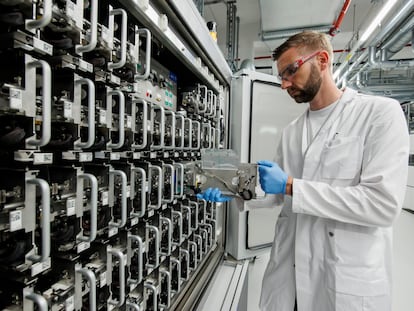
The shortage of materials for common storage systems accelerates research into sodium and calcium as cheaper and more ecological substitutes
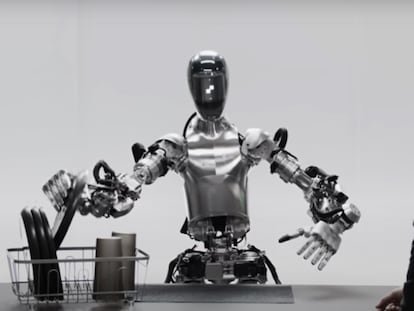
Robotics is advancing towards embodiment and learning formulas that allow android robots to be developed with aspects and behaviors typical of people

The champion of artificial intelligence for Spanish speakers says it will use open-source data from government and other collaborators

Consumers of fake images sexualizing celebrities claim that they resort to this macho aggression out of curiosity, attraction to the characters and the visualization of a fantasy

Internet criminals, responsible for 84% of global scams, uphold codes of conduct and an arbitration system to govern their society

The Israeli engineer, head and founder of one of the largest online security companies, is stepping down as CEO to face the unprecedented level of global threats from another position

The British researcher describes the science behind the behaviors censored by religion, arguing that if they were completely suppressed, the human species would not survive

A scientific and family crusade races against the clock using CRISPR and messenger RNA to find therapy for the little girl, who turned three years old, despite receiving a fatal prognosis when she was only three months old
The researcher outlines how to best prepare after a cancer diagnosis to cope with treatments and reduce the risks of relapse and other diseases

Security companies warn of the increase in cyberattacks with different strategies, actors, intensities and objectives

Technological evolution exploits the lack of regulation to develop highly destructive tools that are almost fully autonomous

BioRescue, a German consortium, manages to implant an embryo in a surrogate mother who died from bacteria 70 days into gestation

Airports are relying on technology to solve travel waits, bottlenecks and check-in problems. Here’s how they may look in the next few years

The new European standard will drive the industry to develop bias-free applications that ensure privacy and transparency
The Spanish computer scientist says quantum computing is essential for responding to the global climate emergency
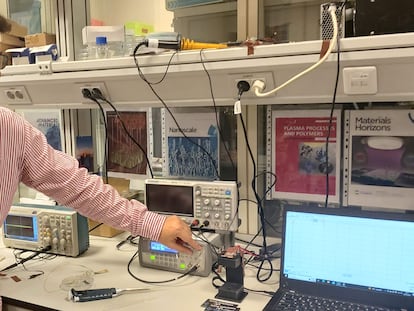
Two recent scientific studies have been inspired by the lotus flower and scavengers. They are part of an attempt to develop surfaces and devices that take advantage of residual power
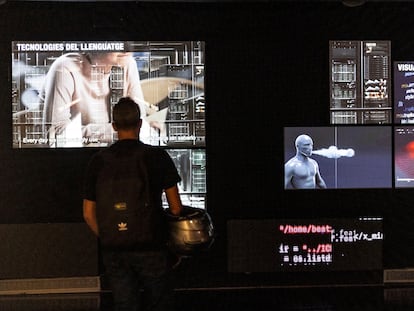
The multinational company presents versions of the new platform for use in all areas of its surroundings, from Bard to telephones
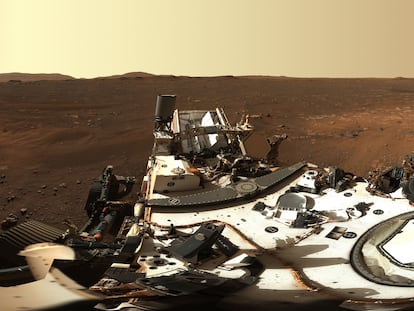
With Spain at the helm, the MEDA program team has reconstructed the atmospheric behavior of the red planet over one Martian year
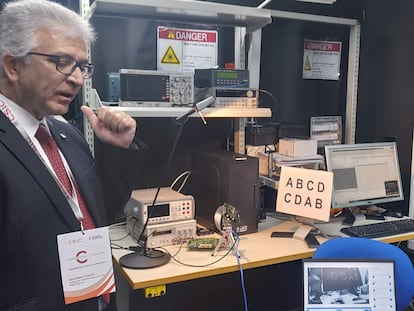
An event camera discriminates important information rapidly and reduces visual intake by bypassing unnecessary data for efficient processing
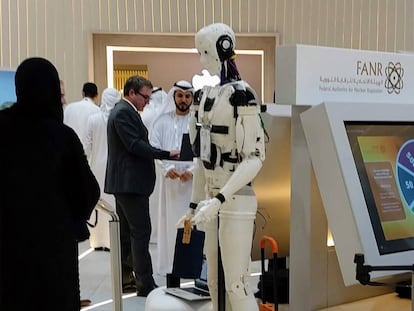
Female bullfighters that never existed, automatic doctors, ground and air vehicles and robots with human capabilities on display at Dubai’s Gitex Global
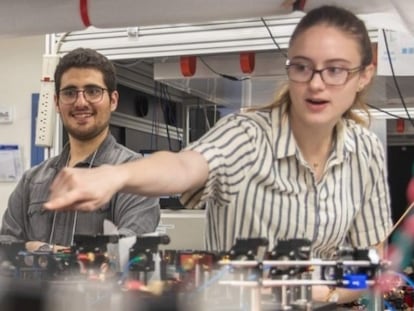
The superatomic material uses the strategy of the tortoise in the famous fable to allow micrometers of travel in less than a nanosecond. Researchers believe it could even cover that distance in femtoseconds
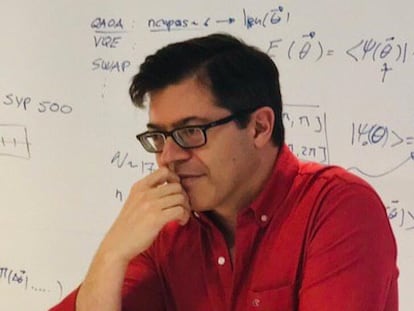
Researcher José Luis Salmerón successfully applies quantum processing models to prognosticate outcomes and treatments

The Barcelona-born telecommunications engineer believes that users have to understand what benefits new technologies bring them in exchange for their money